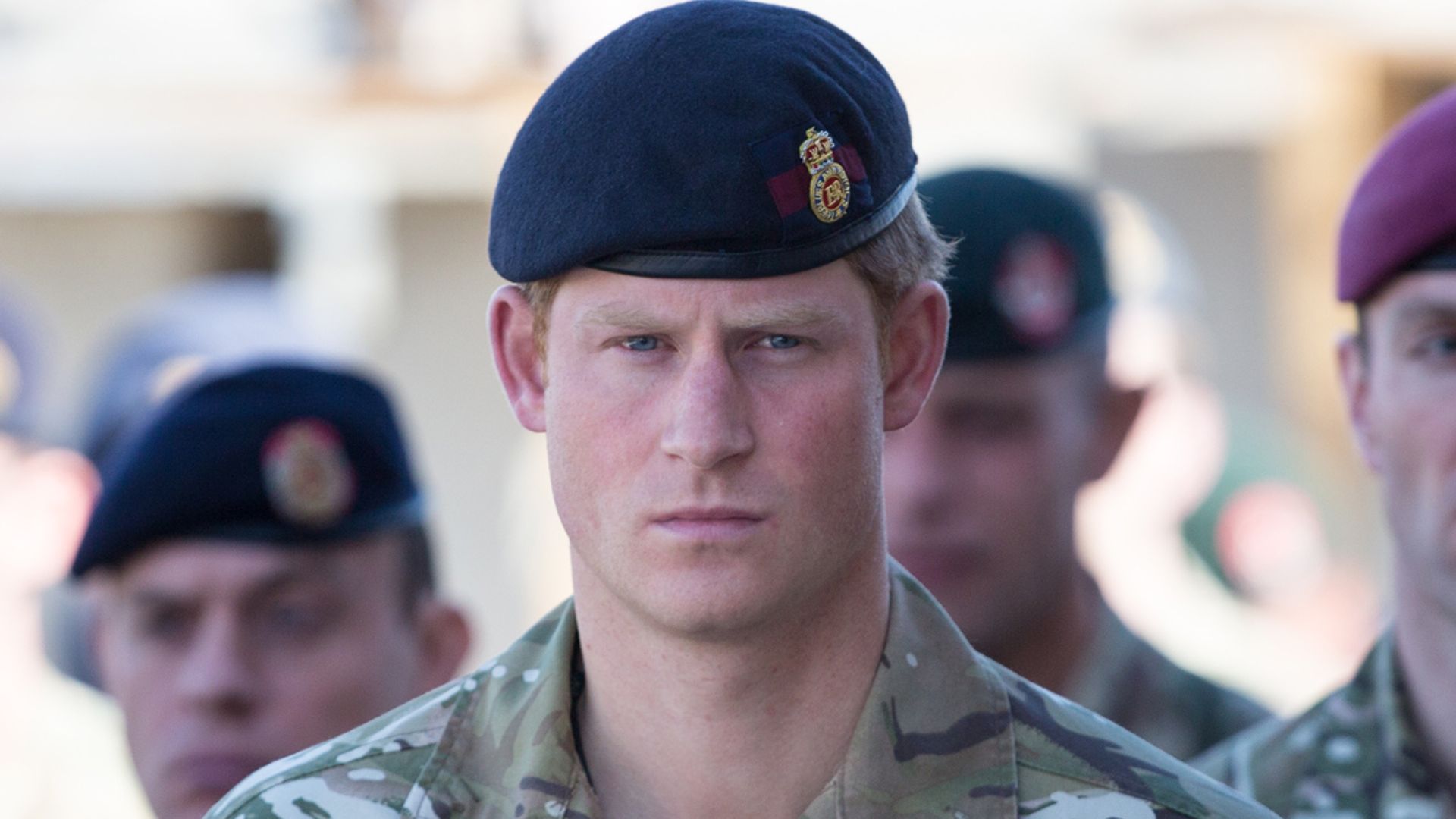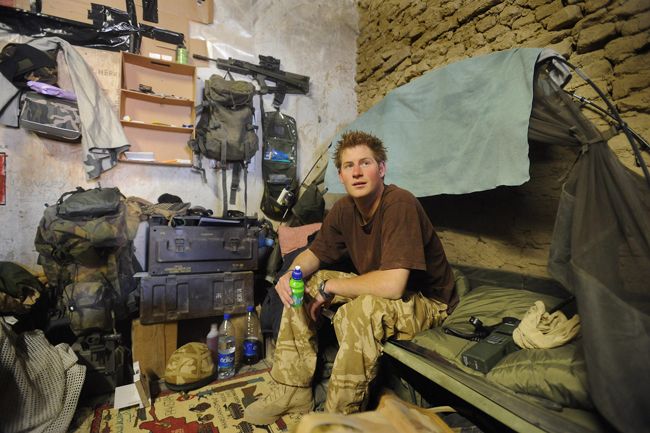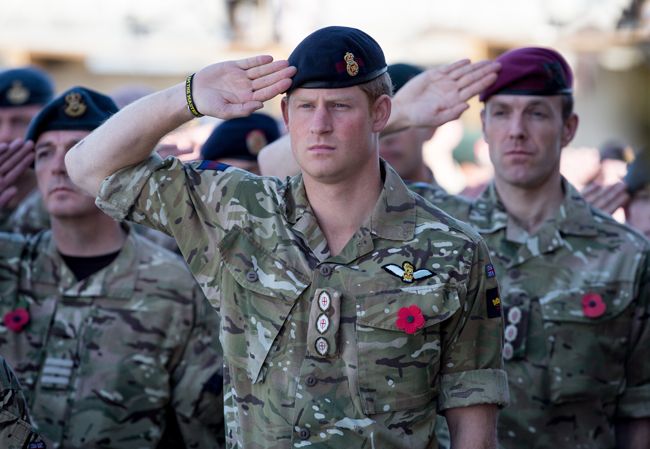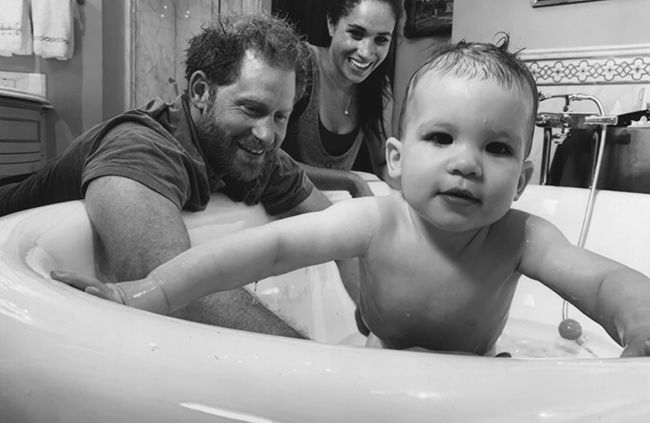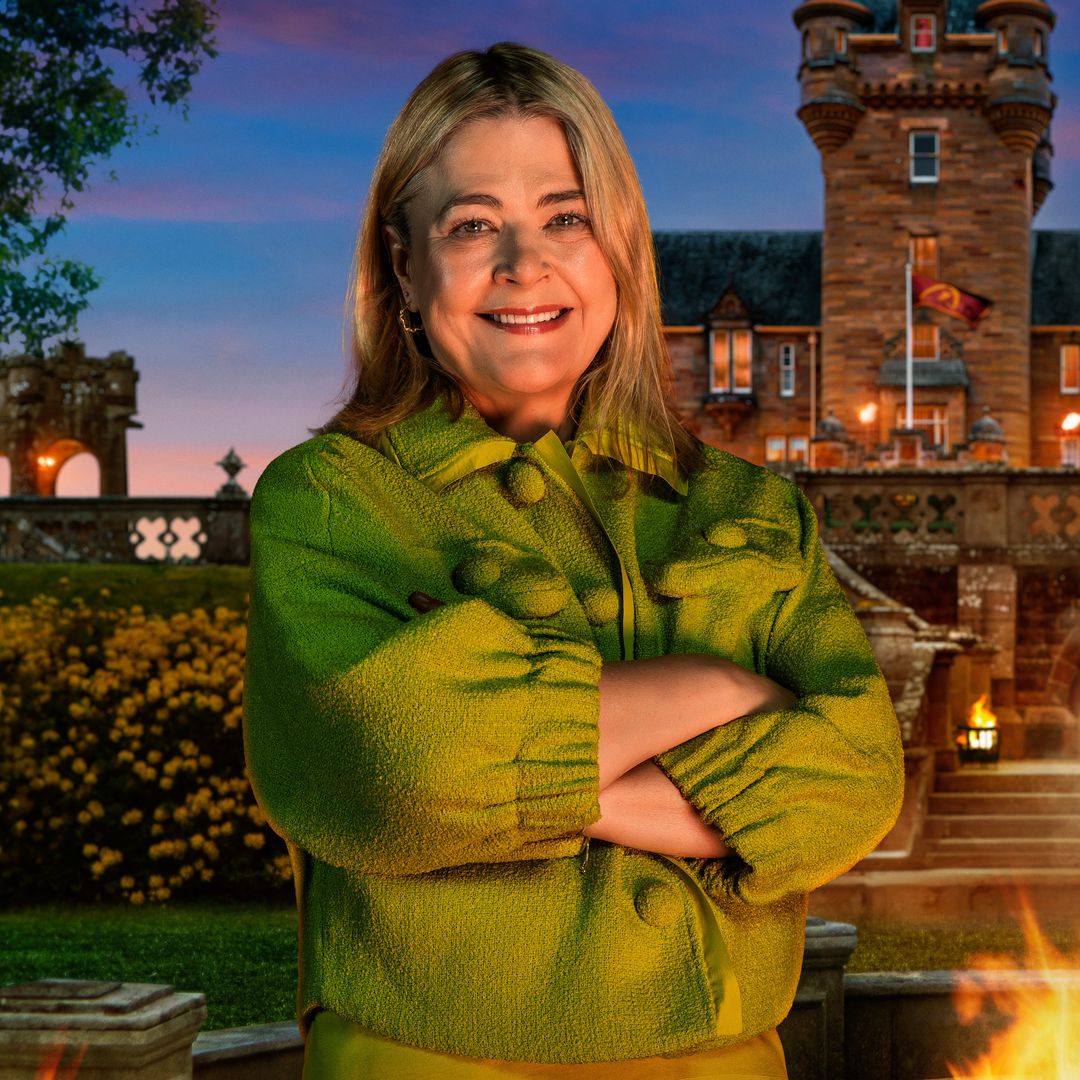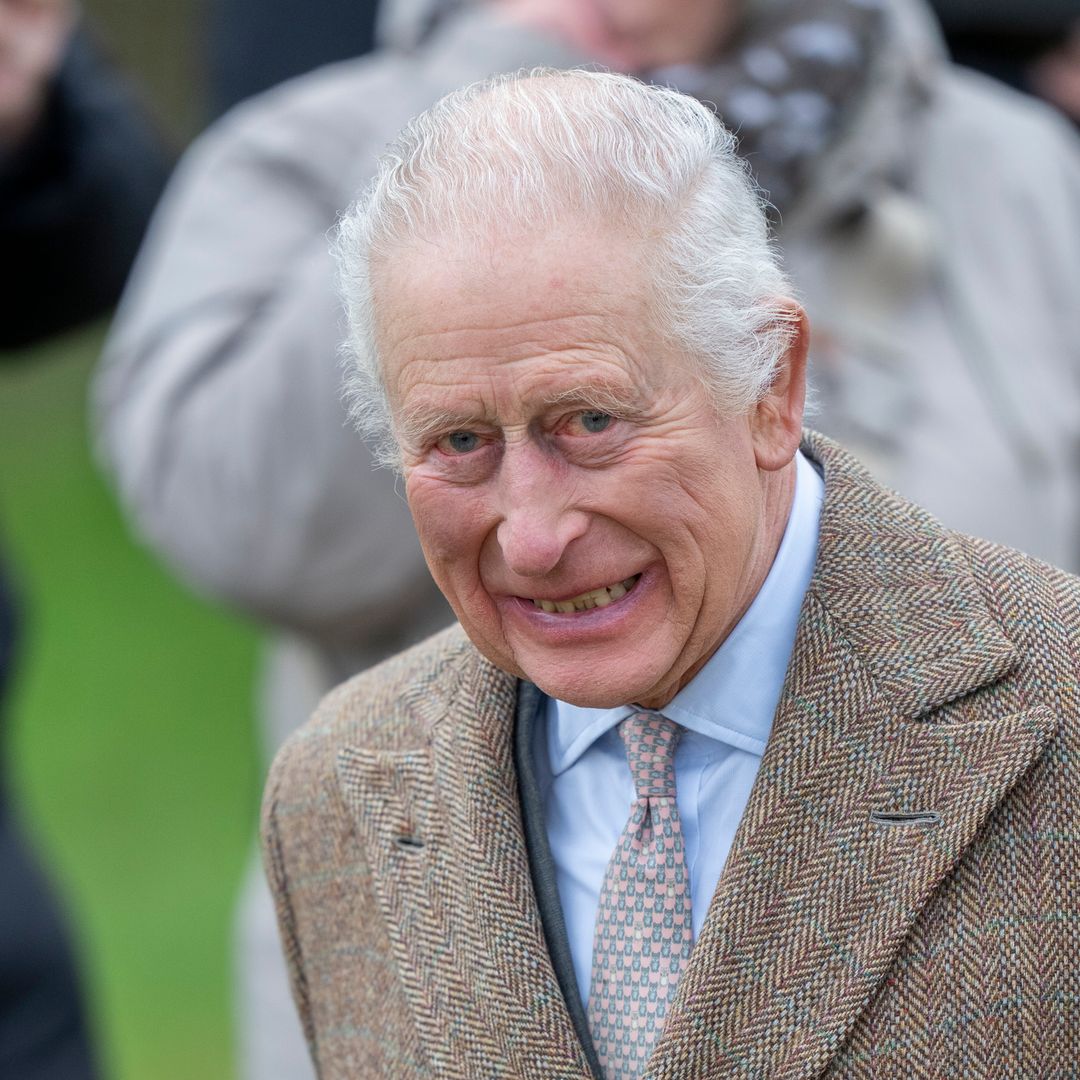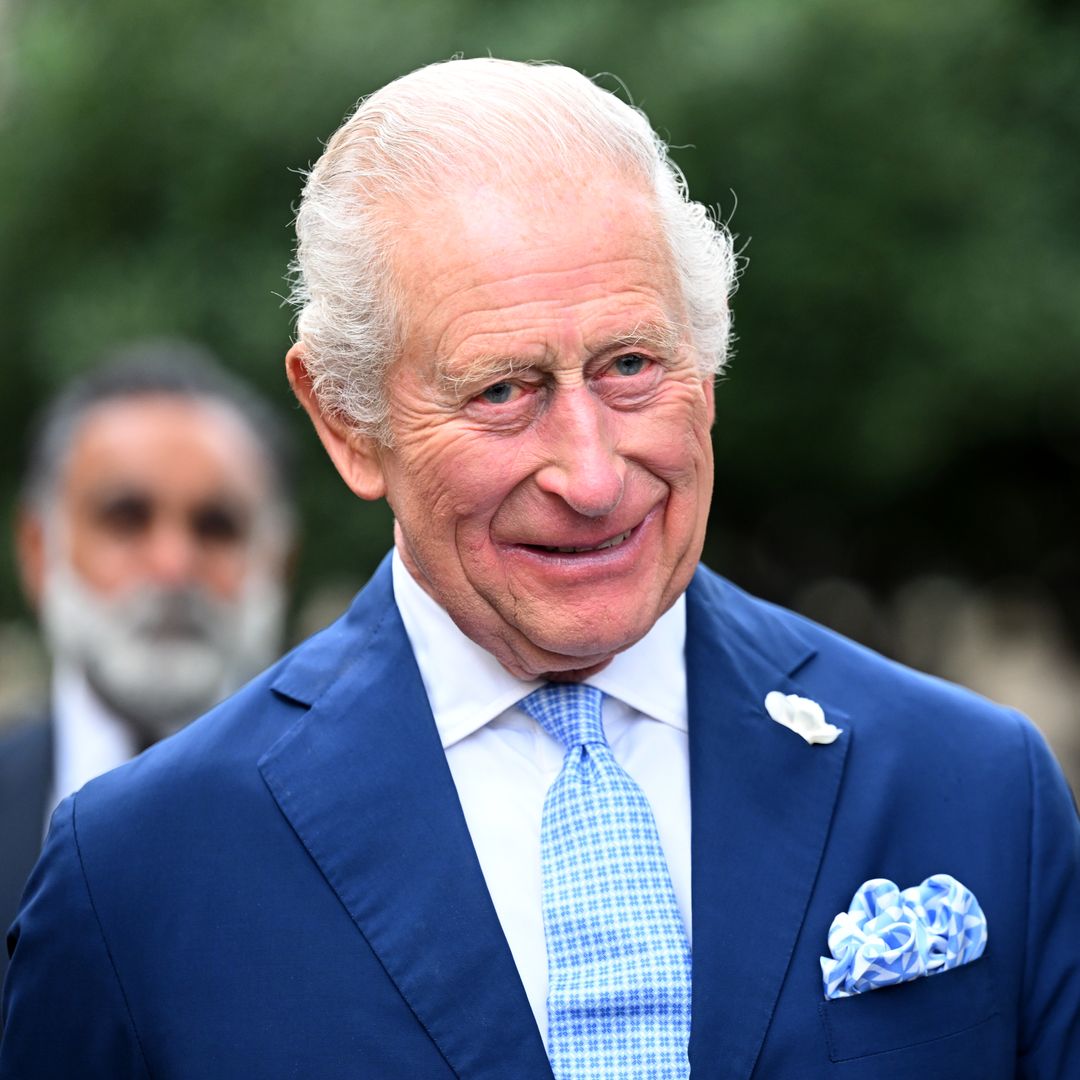Prince Harry served in the army for 10 years, undertaking two tours of Afghanistan, during which he said he killed 25 soldiers.
The Duke of Sussex shared the realities of his time in the army in his memoir Spare, and during his interview with Anderson Cooper, explaining: "It got me out of the spotlight from the UK press. I was able to focus on a purpose larger than myself, to be wearing the same uniform as everybody else, to feel normal for the first time in my life.
WATCH: Why Prince Harry was the last senior royal to serve in the army
"[I accomplished] some of the biggest challenges that I ever had. I was a really good candidate for the military. I was a young man in my 20s suffering from shock," the 38-year-old continued.
Though Harry speaks positively of his time in the army, it's likely that his stints in Afghanistan changed him forever and could even have an impact on his relationship with his and Meghan Markle's children, Archie and Lilibet.
Prince Harry pictured during his time in the army
We spoke to psychologist and trauma expert Robert Common of The Beekeeper House, about how Prince Harry's time in the army could have impacted him.
Robert explains that trauma and PTSD are common impacts of having experienced stressful, life-changing events.
What are trauma and PTSD?
"When we talk about trauma, what we are really talking about is an event or series of events that are so stressful that it impacts an individual's mental wellbeing and ability to function normally in their day-to-day lives," he says. "It's a life-changing experience that can also affect people around the individual, such as family members.
READ: Prince Harry's real reason for fleeing Cotswolds home revealed
"Post-Traumatic Stress Disorder (PTSD) is well-known as a form of mental health disorder caused by experiencing an extremely stressful event, such as serving in the military in a conflict zone," Robert continues.
Prince Harry spent 10 years in the army
"However, 'complex trauma' differs from PTSD because it stems from a sustained period of separate, individual traumatic events," Robert explains. "In Harry's case, this could also include his attendance at boarding school, the grief of losing his mother, growing up in the spotlight and being part of the Royal Family and British consciousness."
Harry said during an interview with Michael Strahan that he believes he suffered from Post-Traumatic Stress Injury (PTSI) following the death of his mother, Princess Diana in 1997. The Duke says he tried to reframe his experience as PTSI "as much as possible, to say it’s an injury because you can actually heal from it."
How does PTSD affect you?
Robert says trauma and PTSD can manifest a variety of changes in a person and impact their behaviour as a parent.
"PTSD can manifest as significant changes in how someone behaves, including their ability to process and regulate emotions, communicate their feelings, reactions, and moods, and form meaningful connections with others," Robert says.
How does trauma affect you?
"Trauma can also present as impulsivity, anxiety, depression, and other negative effects, as well as the need to soothe these feelings that we can’t change, which can result in alcohol or substance abuse or other behavioural issues," he adds.
Robert explains that trauma can also have an impact on a person's parenting if they have children.
Prince Harry's time in the army could impact his parenting style
"They may have difficulty bonding or experience unhealthy attachment styles to their children," he says. "Research has also shown that parents who have experienced significant traumatic events have higher-than-average levels of general and parental stress, which can play out as an impatient temperament and a lack of emotional control."
"It’s always important to demonstrate clear compassion and support for someone struggling with trauma," Robert says. "Let them know they are loved, and you are there for them. This can be tough, especially if their behaviour upsets you or others close to them. However, there are tools for managing trauma to improve mental health outcomes; for example, research has shown that cognitive behavioural therapy in combination with mindfulness practices can be especially beneficial for this."
For resources to help with PTSD, visit Mind
We talk all things Spare with royal editor Emily Nash, biographer Andrew Norton and Harry's Montecito neighbour! Listen below!
